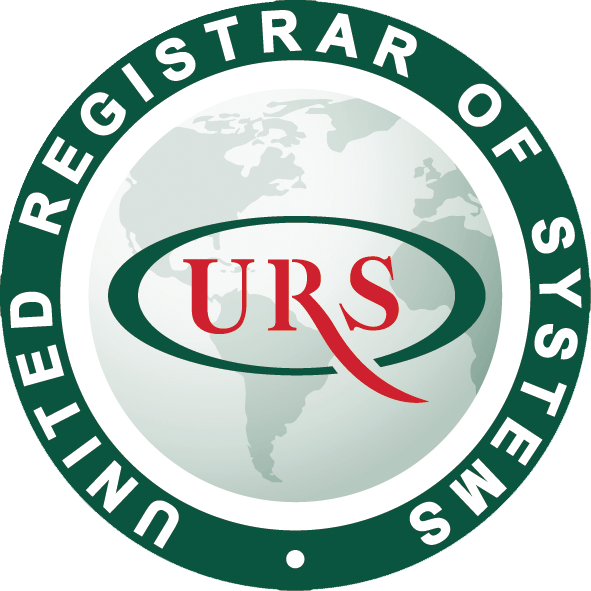In today’s competitive business landscape, ensuring the highest standards of product quality and safety is paramount for success. This is especially true for industries like pharmaceuticals, food, cosmetics, and medical devices, where even minor lapses in quality can have severe consequences for consumers and businesses alike. Good Manufacturing Practice (GMP) certification emerges as a key solution, providing companies with a comprehensive framework to guarantee product quality, safety, and regulatory compliance. In this blog post, we will explore the significance of this certification and how it benefits businesses and consumers.

What is GMP Certification?
GMP Certification is a set of guidelines and standards established by regulatory authorities, such as the Food and Drug Administration (FDA) in the United States, the European Medicines Agency (EMA), and other international organizations. The primary objective of GMP certification is to ensure that products are consistently produced and controlled according to the highest quality standards during the manufacturing process. This certification covers various aspects, including the premises, equipment, personnel, documentation, and processes involved in manufacturing.
Ensuring Product Quality and Safety:
This certification plays a pivotal role in maintaining product quality and safety. By adhering to GMP guidelines, companies can reduce the risk of product defects, contamination, and other manufacturing-related issues. Implementing rigorous quality control measures not only safeguards consumers but also enhances the brand reputation of the certified company.
Meeting Regulatory Requirements:
For companies operating in regulated industries, obtaining this certification is often mandatory. Compliance with GMP regulations is critical for gaining product approvals and licenses from regulatory authorities. Without this certification, businesses may face significant challenges in marketing and distributing their products.
Boosting Consumer Confidence:
In an era where consumers are becoming increasingly conscious of the products they buy, this certification acts as a seal of approval. Consumers trust certified products more because they know that these goods have undergone stringent quality checks and comply with industry standards. This boost in consumer confidence can lead to increased sales and brand loyalty for certified companies.
Reducing Operational Risks:
Implementing GMP guidelines can lead to improved efficiency and reduced operational risks. By following standardized procedures and maintaining meticulous records, companies can identify and address issues proactively. This can prevent costly recalls, production delays, and legal complications that may arise due to non-compliance.
Competitive Advantage:
This certification can offer a competitive edge in the market. Certified companies can leverage their compliance status as a unique selling point to attract new customers, secure contracts with larger organizations, and expand into new markets that demand high-quality products.
GMP certification is a vital component of success for businesses operating in regulated industries. It ensures that products are manufactured with the highest standards of quality, safety, and compliance. GMP certification not only benefits consumers by providing them with reliable and safe products but also helps businesses establish a strong market presence, build trust, and mitigate operational risks. By obtaining this certification, companies can unlock a world of opportunities and pave the way for sustainable growth in an increasingly competitive global marketplace.
